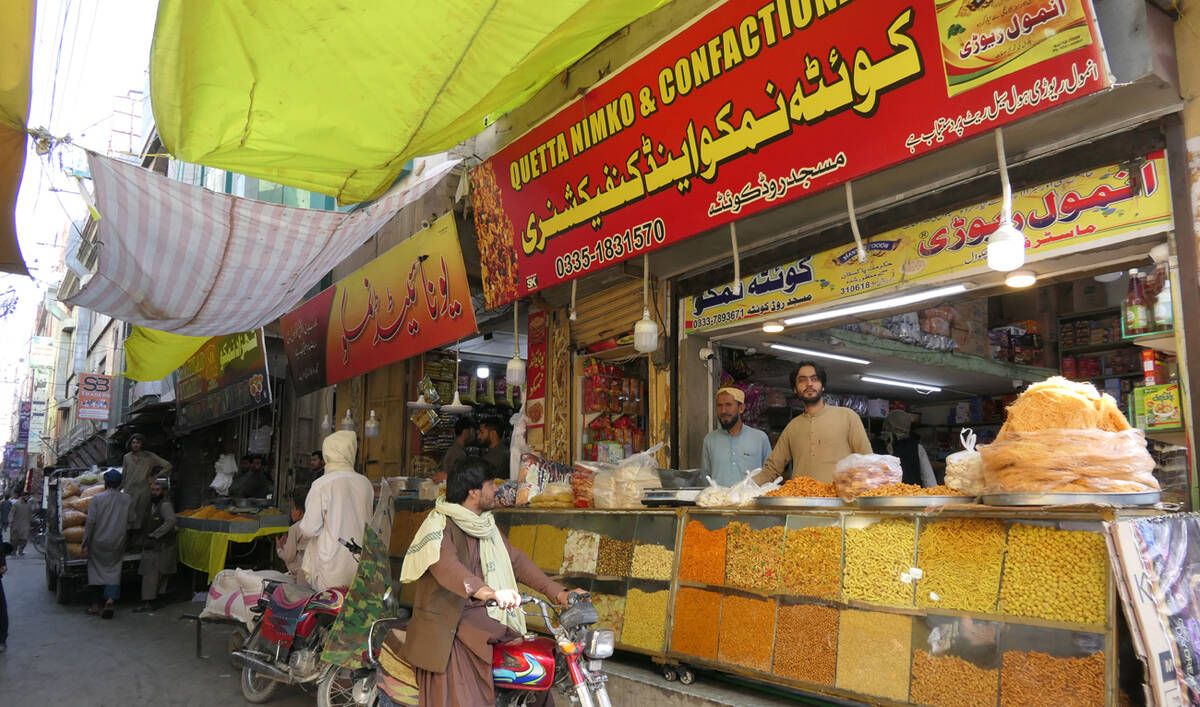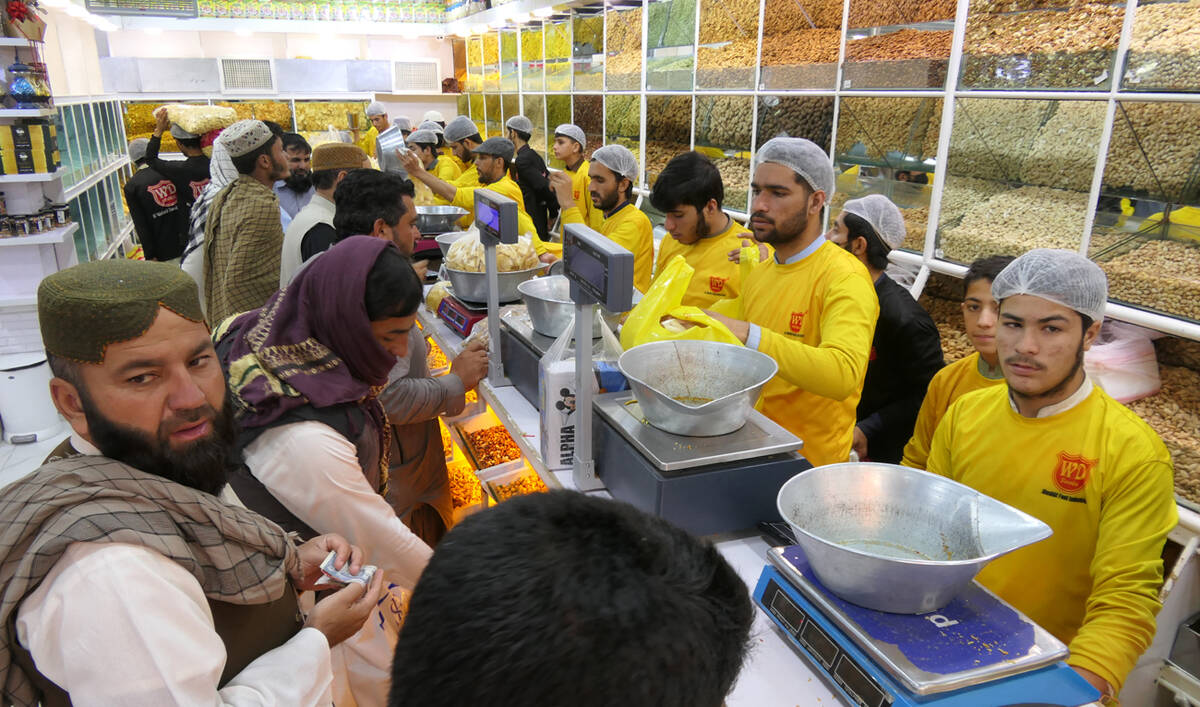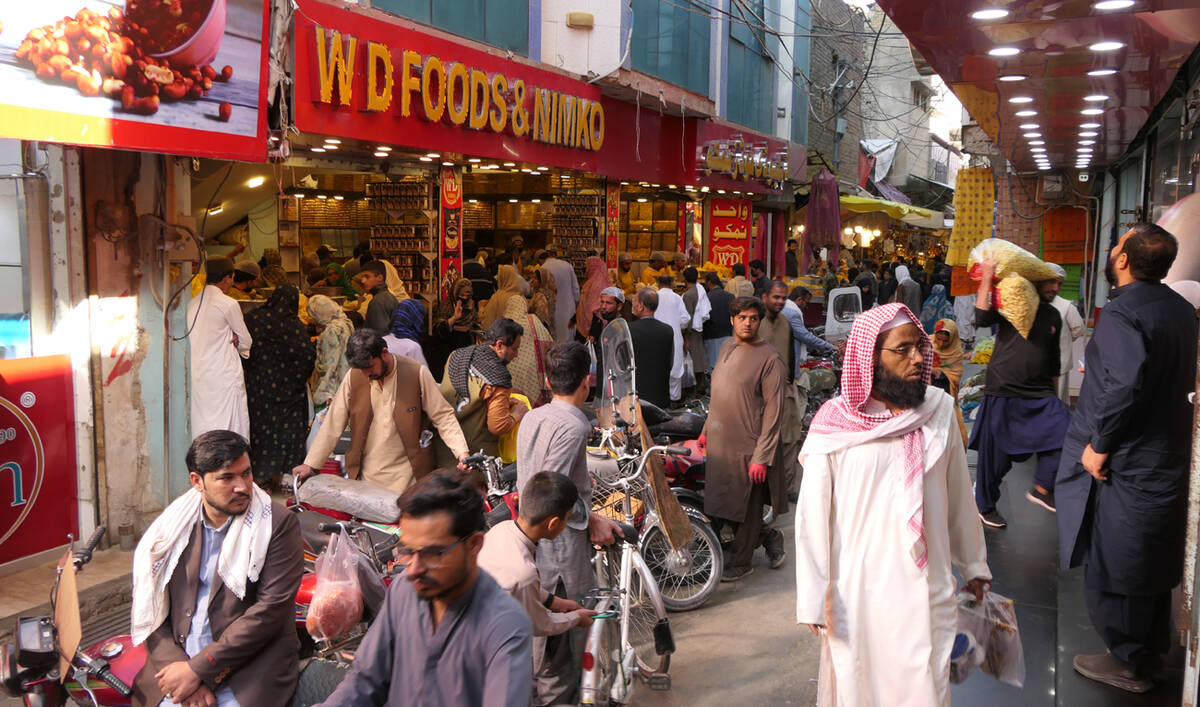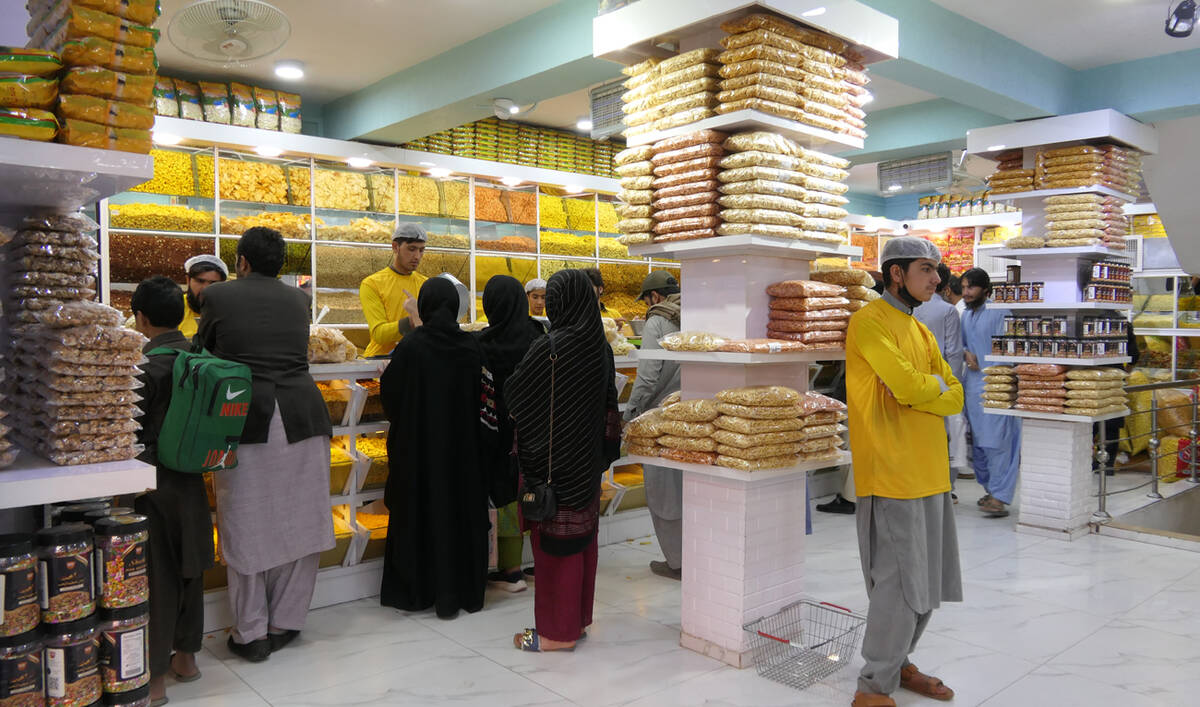ISLAMABAD: The Pakistan Day military parade will be held this year on Mar. 23 on a “limited scale” due to the holy month of Ramadan, state-run media reported on Thursday, with contingents of the country’s three armed forces set to participate in the spectacle.
The parade will be held on the 85th anniversary of Pakistan’s republic day, marked each year to celebrate the adoption of the Lahore Resolution by the Muslim League party, which called for the creation of an independent state for the Muslims of India on Mar. 23, 1940.
While last year the event was held at the Parade Avenue in Pakistan’s capital Islamabad, this year it is scheduled to take place within the premises of the Aiwan-e-Sadr or the official residence of Pakistan’s president. President Asif Ali Zardari will be the chief guest on the occasion, state broadcaster Radio Pakistan said.
“Pakistan Day Parade will be held on Sunday on a limited scale with traditional enthusiasm,” it said. “The decision to hold the parade on a limited scale was made due to the month of Ramadan,” Radio Pakistan said.
Pakistan Air Force (PAF) fighter jets will also conduct a fly past, a ceremonial or honorific flight by an aircraft or group of aircraft, during the occasion.
“Foreign ambassadors and other distinguished guests have also been invited to the event,” the state media reported.
Pakistan honors foreign dignitaries and national heroes on the occasion with top civilian awards. The parade also features mechanized columns including tanks, armored personnel carriers, rocket launchers, air defense system, guns, UAVs, short-and-long-range Pakistani missiles such as Ra’ad, Nasr, Babur, Shaheen, Ghauri and Ababeel every year.
This year the military parade takes place as Pakistan grapples with surging militancy, especially in its southwestern Balochistan province bordering Iran and Afghanistan. Separatist militants last Tuesday bombed a section of the railway track and stormed the Peshawar-bound Jaffar Express train carrying over 400 passengers in the mountainous Bolan region.
The crisis was resolved the following day when the armed forces carried out a successful operation to rescue the hostages, killing all 33 militants in the process. A final count showed 23 soldiers, three railway employees and five passengers had died in the attack.
Violence persisted in the region days later as a blast killed five, including three paramilitary soldiers, in the province’s Nushki district on Sunday.
Both attacks were claimed by the Baloch Liberation Army (BLA), an ethnic separatist militant outfit in the province. The BLA is the largest and strongest of several ethnic Baloch insurgent groups which have been fighting for decades to win a larger share of the natural resources of mineral-rich Balochistan, which is also home to major China-led projects including a port and gold and copper mines.
Pakistan to hold Mar. 23 military parade on ‘limited scale’ due to Ramadan
https://arab.news/nrnqh
Pakistan to hold Mar. 23 military parade on ‘limited scale’ due to Ramadan

- Parade will mark 85th anniversary of Pakistan’s republic day celebrated each year on Mar. 23 to celebrate adoption of Lahore Resolution
- Pakistan honors foreign dignitaries, national heroes with top civilian awards, features tanks, missiles, UAVs, and air defense systems at parade
























